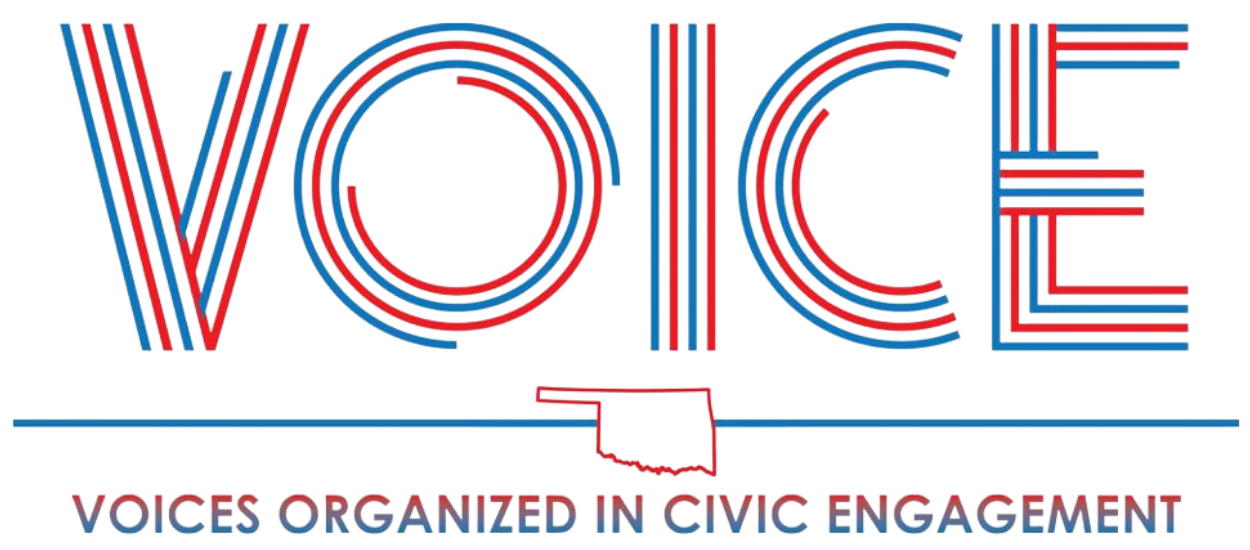VOICE: Story on Escalating Fines Is Not Unique, but Systemic
A front page story in the January 9 edition of The Oklahoman focused on the story of Mary Cox, a working single mom who incurred a $138 fine for driving with an expired license only to see it snowball into a $10,000 fine, along with a jail sentence, and a loss of home and work. Mary’s story illustrates the confusing, complex, and severely broken system of fines and fees here in Oklahoma. The Oklahoman article focused on the judicial misconduct so prevalent in Mary’s case and hopefully, will be of help in rectifying the misconduct in that particular case.
Yet, Mary’s story is just one case. It can be multiplied by hundreds, if not thousands of similar cases here in Oklahoma. Many readers may be rightfully alarmed at how such a fine can escalate to such large amounts with negative consequences that profoundly impact a person’s life, and their family.
VOICE (Voices Organized in Civic Engagement) has been working on criminal justice fines and fees for over 10 years. VOICE was the first organization to bring the issue to public light, organizing some of the very Oklahomans who were struggling to be productive community citizens but who faced an impossible situation of financial debt in fines and fees after having served their time. Over the years, VOICE action teams have educated public officials and the general public through community forums, accountability sessions preparing for elections, testifying for state legislative interim studies, and mobilizing VOICE members to effective legislative advocacy to address the issue.
VOICE action teams have research and analyzed data on fines and fees assessed versus the amounts collected since the 1960s. The gap has only widened each decade since. One example from recent years highlights the issue. In the 1990s, 12.3 percent of fines and fees assessed in Oklahoma County were paid. Between 2010 and 2019, the percentage of fines and fees paid, dropped to 11.2 percent. What’s more, there is no statewide system for people to access information on what they owe and where in the state. They must call or visit each county where they might owe money and do it each time they need to know the balance.
This situation underscores the reality of expecting a population of Oklahomans that is mostly impoverished to fund critical services of the county and state government. Thousands of Oklahomans are living with debt that is overwhelming, often preventing them from obtaining jobs and making the path back to productive community membership all the more difficult.
The evidence is clear: (1) courts must be funded through the state budget and (2) a statewide system needs to be in place that allows people to know how much they owe in fines and fees statewide. We have an opportunity in the upcoming legislative session to make progress toward addressing both of these areas of need. We urge lawmakers to do so.
Sister Diane Koorie
Mercy Sisters/Mercy Associates and chair of VOICE’s Criminal Justice Action Team
